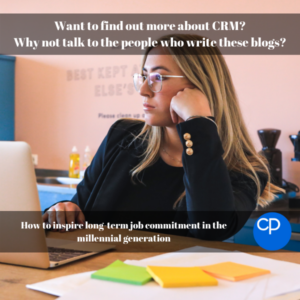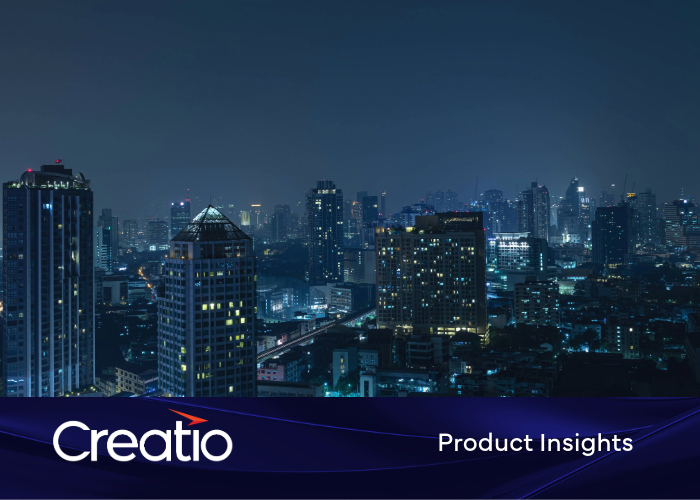Reading Time: 3min10s
Since the age of seventeen (almost a decade ago if you really must know), I have had eight jobs. That averages at almost one a year. This might shock employers of the Baby Boom Generation and Gen X but actually, I am not alone. In fact, for most people of my generation (millennial, funnily enough) it’s pretty common. In 2018, a Deloitte survey across 36 different countries found that 43% of millennials planned to leave their jobs within two years while only 28% had only remained within their jobs beyond five. So how can businesses hope to satisfy that millennial itch and get us to commit?
Perks of the Job
In my experience, bribery never fails. Just kidding. Although actually, it’s not far off. The millennial generation appreciates employee benefits just as much as their predecessors have but there are differences in what type of benefits they value. This all comes down to an even work-life balance and flexibility. If we were talking about Boomers and Gen X, this would be a different story.
A generation ago importance was placed on providing security in one’s future and supporting their health, home and retirement. Millennials on the other hand are more likely to value benefits that affect their lives in the short term such as additional paid leave and mental health support.
Millennials also define job security differently than their predecessors have, by their ability to progress within a given industry and develop their skills. If employers wish to keep their millennial workers with them in the long term, it is important to support them in the short. Benefits such as additional paid leave, as already mentioned, flexible working hours, possibly including overtime and the ability to work from home even if only one or two days per week and opportunities for skills and career development will go a long way with your young employees.
All the benefits in the world however won’t mean anything if these are not being matched with competitive wages. This is especially true of an employee who has been with your business for two to three years without having seen a pay rise. If wages don’t rise with inflation or reflect a given workload, the image of long-term job security that you have created goes straight out the door, along with your young employee.
Change for the Better
Keeping employees engaged in their work is also a fundamental aspect of inspiring long term job commitment. An American study by Gallup has found that only 29% of millennials are actually engaged in their work and, more alarmingly, 16% of millennials are disengaged and are actively out damage the company that they work for. Already we can see the importance of keeping this rising generation of workers and decision-makers happy and connected with their work. So how best to achieve this, I hear you ponder nervously?
Well. Real, positive change, as in any aspect of life, starts from the inside out. The millennial generation has a greater interest than their predecessors in their employers social and environmental responsibility at large, believing that they are capable of impacting the world for the better and are not simply just money-making factories. Yet a Deloitte Global study has found that millennials working for large corporations have lost faith in their employer’s consideration of ethics in their business operations, with 51% reporting that their sole focus is generating profits.
Millennials are more likely to feel connected to and take pride in their work when they feel like they are achieving something. Larger companies are creating initiatives in which they provide their employees with the opportunity to “give back” and some basing their entire business model on social change and environmental conservation such as Brew Dog and Lush.
This can work on a smaller scale too. Small to medium-sized businesses can engage in their own initiatives giving to communities on a more local scale, working with diversity hiring and community support groups, making environmental commitments and getting involved in fundraisers. It comes as no surprise that being involved in something good makes people feel good and that is especially true of millennials who have witnessed more than their fair share of global upheaval – politically, socially and environmentally.
Managing the millennial generation
Most important in any job, for anyone of any generation is management. How can you be expected to stay anywhere when the work, culture and job expectations just don’t suit you? Millennials have revolutionised work culture. Their high valuation placed on flexibility has changed the contemporary office landscape. During the pandemic, the ability to work from home has become so important that workers are willing to take a pay cut to continue doing so ‘post’ Covid.
While they are revolutionising what a workspace looks like, they still hold traditional working values. Millennials want the freedom to accomplish their work but the opportunity to collaborate with their colleagues. Project management apps like Trello and Asana make this all the more possible and allow workers to refer back to their ideas and organise what needs to be done.
Millennials appreciate regular feedback and a coherent work-life trajectory. While Boomers and Gen Xers may have dreaded the annual evaluation with their bosses, millennials are keen to know how they are progressing and similarly want their own ideas to be heard. The “this is how we’ve always done it” approach is no longer how we want to do it.
Millennials aren’t at all that different from previous generations in what they hold dear but are redefining these values in the workplace. When their work means something to them and gives them the time and space to cultivate meaning in their own lives, it’s not hard to win over millennial loyalty.





